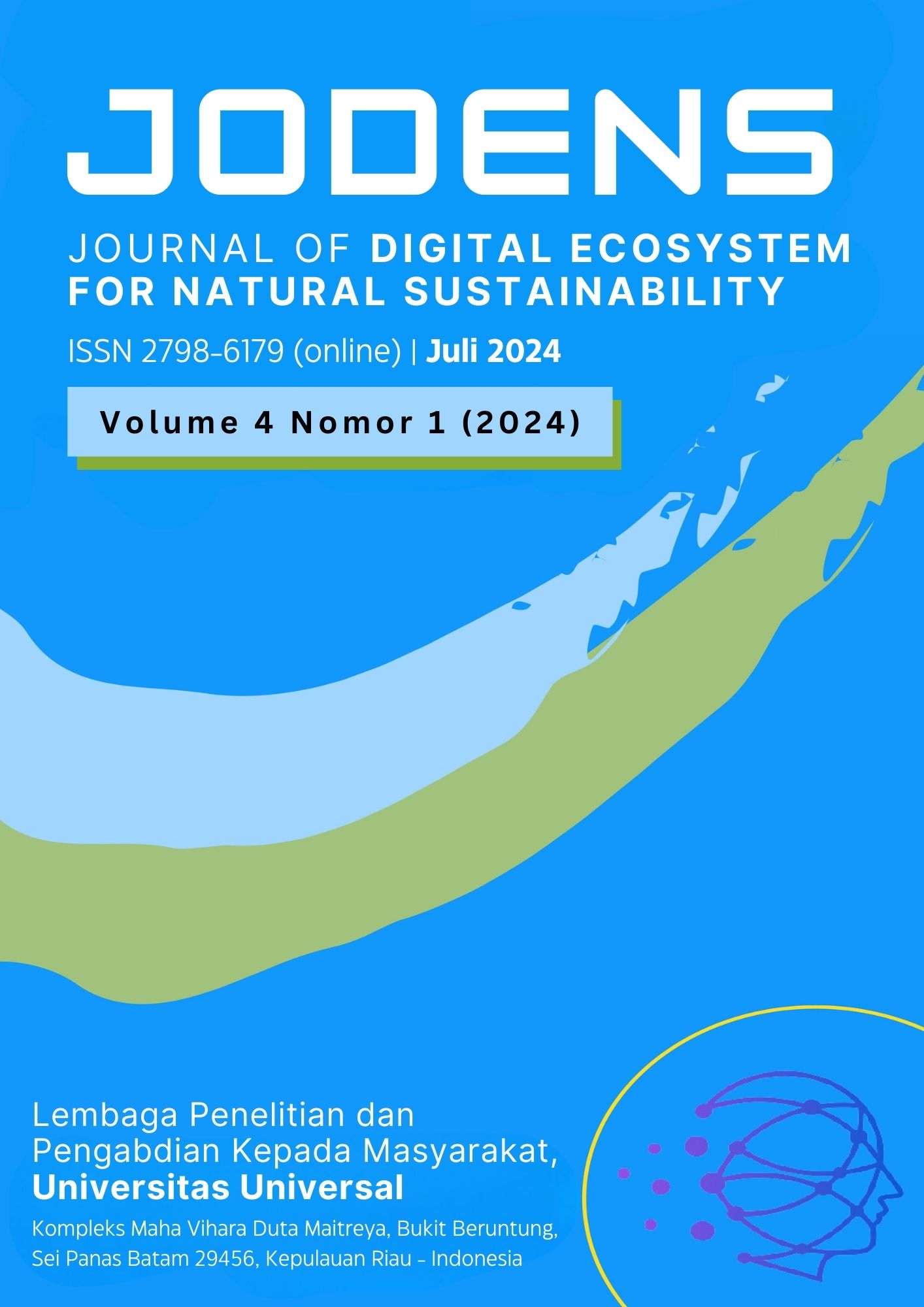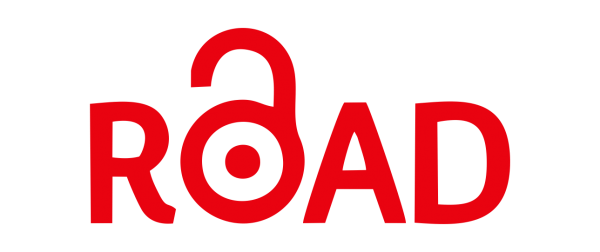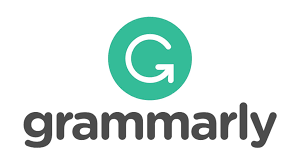Paradigma Kualitatif dalam Klasifikasi Jenis Citra: Menggali Teori Revolusi Ilmiah Thomas Kuhn
DOI:
https://doi.org/10.63643/jodens.v4i1.235Kata Kunci:
Paradigma, Classfication, Qualitatif, Computer Vision, Thomas KuhnAbstrak
This research describes the impact of paradigm changes in science, especially in the context of image type classification. By paying attention to Thomas Kuhn's concept of paradigm, the research presents a review of contemporary historiography that highlights how paradigm shifts influence the way scientists see the world, introduce new instruments, and seek new places. However, as technologies like AI increasingly seep into everyday life, doubts remain, especially if the technology is perceived as unable to solve problems or provide the desired assistance. In the face of these doubts, the research proposes that the philosophy of communication science can provide in-depth theoretical insights, provide space for critical reflection on existing paradigms, and guide researchers in understanding the evolution of paradigms for image type classification methods. In addition, this research also considers the importance of image type classification in the context of AI technology. By identifying different types of imagery and their role as input to AI algorithms, this research provides a theoretical foundation for further understanding how AI technologies process and interpret visual data. Through a comprehensive literature review, this research aims to fill existing knowledge gaps and provide a strong theoretical basis to support further research in the field of image type classification and AI technology implementation.
Referensi
A. N. Ulya Inayatul and I. Ulya dan Nushan Abid, “Pemikiran Thomas Kuhn dan Relevansinya Terhadap Keilmuan Islam,” FIKRAH: Jurnal Ilmu Aqidah dan Studi Keagamaan, vol. 3, no. 2 Desember 2015, pp. 249–276, 2015.
A., . F., H. Azhar Siregar, and O. Mustomi, “Philosophical Challenges in the Era of Industrial Technology Disruption 4.0,” KnE Social Sciences, vol. 2022, pp. 517–524, 2022, doi: 10.18502/kss.v7i15.12126.
J. ; Yosef and D. Pradipto, “Filsafat Ilmu Sebagai Landasan Holistis Pengembangan Ilmu Psikologi.”
J. Solihin, “Rhizome : Jurnal Kajian Ilmu Ilmu Humaniora Transisi Pudarnya Pandemi Covid-19 : Dari Masa Normal Baru ke Masa Normal Normal dalam Paradigma Keilmuan,” vol. 1, no. 5, pp. 12–17, 2021.
M. Dianaa, A. Kuswantib, and A. Mulyanac, “Machine Translated by Google Analisis robot sebagai pengganti barista menggunakan pendekatan teori paradigma Thomas Kuhn : robot barista di toko Family Mart Machine Translated by Google,” vol. 14, no. 3, pp. 1157–1166, 2023.
Thomas S.Kuhn, “Struktur Revolusi Ilmiah.”
U. Kesuma and A. W. Hidayat, “Pemikiran Thomas S. Kuhn Teori Revolusi Paradigma,” Islamadina : Jurnal Pemikiran Islam, p. 166, 2020, doi: 10.30595/islamadina.v0i0.6043.
Y. Pernando, E. L. Febrianti, I. Syafrinal, Y. Roza, and U. F. Afifah, “Deep Learning for Faces on Orphanage Children Face Detection,” JURTEKSI (Jurnal Teknologi dan Sistem Informasi), vol. 9, no. 1, pp. 25–32, 2022, doi: 10.33330/jurteksi.v9i1.1858.
R. Effendi, “Revolusi Ilmiah Thomas Kuhn: Perubahan Paradigma dan Implikasi dalam Bangunan Ilmu Keislaman,” Majalah Ilmu Pengetahuan dan Pemikiran Keagamaan Tajdid, vol. 23, no. 1, pp. 47–61, 2020.
F. E. Jelahut, H. Y. Utang, Y. E. Jelahut, and L. Jehamat, “Menalar Skeptis Adopsi Artificial Intelegence (AI) di Indonesia: ‘Sebuah Tinjauan Filsafat Ilmu Komunikasi,’” Jurnal Filsafat Indonesia, vol. 4, 2021.
A. Ambarwari, E. M. Husni, and D. Mahayana, “Perkembangan Metode Klasifikasi Citra Penginderaan Jauh dalam,” Jurnal Filsafat Indonesia, vol. 6, no. 3, pp. 465–473, 2023.
Alfath Arjun, “Klasifikasi Citra Pada Tingkat Kematangan Buah Pisang Menggunakan Algoritma Deep Learning”, doi: 10.31933/jemsi.v5i3.
M. Aria, “Algoritma Perencanaan Jalur Kendaraan Otonom di Lingkungan Perkotaan dari Sudut Pandang Filosofi Kuhn dan Filosofi Popper,” Telekontran : Jurnal Ilmiah Telekomunikasi, Kendali dan Elektronika Terapan, vol. 7, no. 2, 2020, doi: 10.34010/telekontran.v7i2.2627.
Unduhan
Diterbitkan
Cara Mengutip
Terbitan
Bagian
Lisensi
Hak Cipta (c) 2024 Yonky Pernando

Artikel ini berlisensi Creative Commons Attribution 4.0 International License.
















